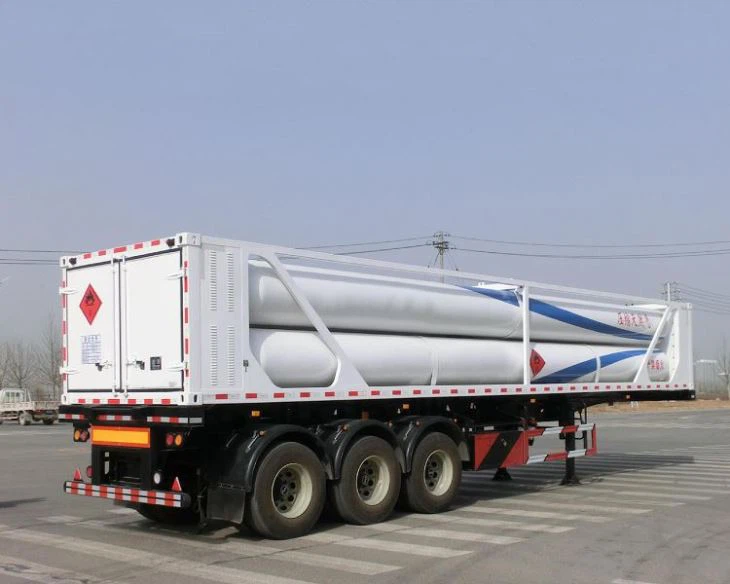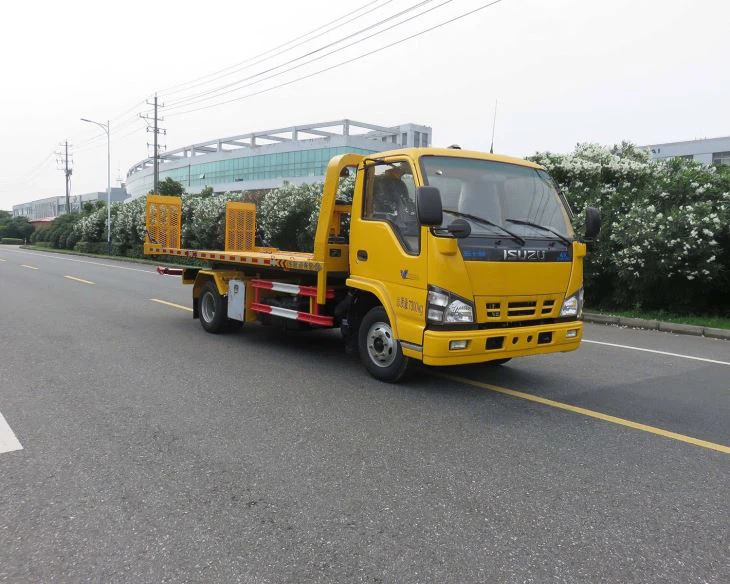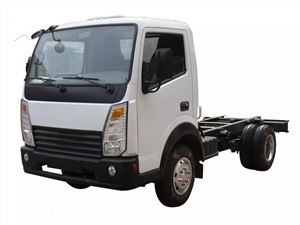Vacuum Trucks for Sale: Your Complete Guide to Choosing the Right Truck

Introduction
Vacuum trucks play a crucial role in various industries, from municipal services to construction and environmental remediation. Designed to vacuum liquids, sludges, and solids, these trucks are invaluable for waste management and industrial cleaning. If you’re looking to purchase a vacuum truck, understanding the different types available, their features, and the purchasing process is essential. In this comprehensive article, we’ll explore everything you need to know about vacuum trucks for sale, providing you with the information needed to make an informed decision.
Understanding Vacuum Trucks
What is a Vacuum Truck?
A vacuum truck is a heavy-duty vehicle equipped with a vacuum system that allows it to suction various materials from the ground or other surfaces. These materials can range from wastewater and sewage to construction debris and hazardous materials. The defining feature of a vacuum truck is its ability to create a vacuum effect, making it possible to collect these materials efficiently.
Types of Vacuum Trucks
There are several types of vacuum trucks, each designed for specific tasks. Here are the most common types:
- Liquid Vacuum Trucks: Primarily used for pumping out liquids such as sewage and industrial waste.
- Wet and Dry Vacuum Trucks: Capable of handling both wet and dry materials, making them versatile for various applications.
- Hydrovac Trucks: Utilize high-pressure water to break up the ground and suck up the slurry created, mainly used for excavation.
- Pothole Patching Vacuum Trucks: Specialized for repairing potholes and utility cuts.
- Environmentally Friendly Vacuum Trucks: Designed to minimize environmental impact, often featuring advanced filtration systems.
Key Features to Consider When Buying a Vacuum Truck
Vacuum Capacity
The vacuum capacity is one of the most critical specifications to consider. It determines how much material the truck can store before needing to be emptied. Depending on your needs, you may require a truck with a larger or smaller tank. Common capacities range from 500 to 3,000 gallons.
Power Source
Vacuum trucks can be powered by different sources, including:
- Diesel Engines: Provide high power and efficiency, ideal for heavy-duty operations.
- Gas Engines: Suitable for lighter applications, usually more economical but less powerful than diesel.
Vacuum Pump Type
Different types of vacuum pumps are available, each with its own advantages:
- Positive Displacement Pumps: Known for their high vacuum levels and reliability.
- Rotary Vane Pumps: Typically quieter and more efficient but may not reach the highest vacuum levels.

Tank Material
The material of the tank is crucial for durability and maintenance. Common materials include:
- Steel: Highly durable but may corrode over time if not maintained.
- Aluminum: Lighter and resistant to rust, making it a popular choice for many applications.
Other Features
- Safety Features: Look for safety valves, pressure gauges, and emergency shut-off systems.
- Filtration Systems: Essential for environmental compliance and protecting the vacuum pump.
- Self-Loading Capability: Some trucks feature self-loading systems, increasing efficiency.
Finding Vacuum Trucks for Sale
Where to Buy
When looking for vacuum trucks for sale, you have several options:
- Dealerships: Specialized truck dealerships often have the best selection of new models and some used trucks.
- Online Marketplaces: Websites like eBay, Craigslist, and specialized truck sales sites offer a wide range of used vehicles.
- Auction Sites: Government and private auctions can be a source for used vacuum trucks at competitive prices.
- Manufacturers: Purchasing directly from manufacturers can give you access to custom specifications and deals.
Evaluating Used Trucks
When considering a used vacuum truck, it’s essential to evaluate its condition thoroughly. Here are some tips:
- Inspect the Body: Look for signs of rust, damage, or improper repairs.
- Check the Mechanical Components: Review engine performance, vacuum system functionality, and any other vital systems.
- Request Maintenance Records: Being aware of the truck’s service history can help you estimate future maintenance costs.
New vs. Used Vacuum Trucks
Deciding between new and used vacuum trucks depends on your budget and needs. Here are the pros and cons of each:
| Aspect | New Vacuum Trucks | Used Vacuum Trucks |
|---|---|---|
| Cost | Generally more expensive | More affordable |
| Maintenance | Less maintenance needed initially | May require more immediate repairs |
| Warranty | Often come with a warranty | No warranty or limited warranty |
| Technology | Latest technology and features | Older technology, may lack some features |
Financing Options for Vacuum Trucks
Understanding Your Budget
Establishing a budget for your vacuum truck purchase is essential. Consider not only the initial purchase price but also the ongoing costs of maintenance, insurance, and fuel. A clear budget will help you avoid overspending and make the purchasing process smoother.
Financing Solutions
Several financing options are available for purchasing vacuum trucks:
- Bank Loans: Traditional loans often offer lower interest rates but may require more documentation.
- Equipment Financing: Tailored for purchasing equipment, these loans are easier to obtain and usually require less documentation.
- Leasing Options: Leasing allows you to use the equipment without the upfront costs of purchase, often with the option to buy later.
- In-House Financing: Some dealerships offer financing solutions directly, which can simplify the process.
Tax Considerations

It’s important to consult with a tax professional to understand potential tax deductions when purchasing a vacuum truck. Section 179 allows for the immediate expensing of qualifying equipment purchases, which can significantly reduce your tax burden in the year of purchase.
Maintaining Your Vacuum Truck
Regular Maintenance Practices
Proper maintenance is crucial to ensuring the longevity and efficiency of your vacuum truck. Here are some best practices:
- Scheduled Inspections: Regular inspections can identify issues before they become major problems.
- Fluid Checks: Regularly check and change engine oil, hydraulic fluid, and tank fluids to keep everything running smoothly.
- Vacuum System Maintenance: Ensure the vacuum pump is functioning properly and clean filters regularly.
Cleaning and Flushing
Regular cleaning and flushing of the tank are important to prevent buildup of materials that can cause clogs and damage. Use appropriate cleaning agents and ensure that all access points are properly sealed during the process.
Real-World Applications of Vacuum Trucks
Municipal Use
Vacuum trucks are commonly employed by municipalities for sewer cleaning, storm drainage maintenance, and waste collection services. Their ability to handle both liquids and solids makes them ideal for these applications.
Construction and Industrial Use
In the construction industry, vacuum trucks are used for site cleaning, removing debris, and managing hazardous materials. Their versatility allows for a range of uses, from excavating for foundations to managing spills.
Environmental Services
Environmental service companies utilize vacuum trucks for hazardous waste cleanup, industrial cleaning, and environmental remediation. These trucks play a significant role in maintaining safety and compliance with environmental regulations.
FAQs About Vacuum Trucks
1. What is the average cost of a vacuum truck?
The price of vacuum trucks varies widely based on size, type, and condition. Generally, new vacuum trucks can range from $100,000 to $500,000, while used trucks may fall between $20,000 and $300,000.
2. How often should vacuum trucks be serviced?
Vacuum trucks should undergo routine inspections every 3 to 6 months, depending on how frequently they are used. Regular maintenance helps prevent costly repairs and downtime.
3. Can I customize a vacuum truck?
Yes, many manufacturers allow for customization based on your specific needs. Custom features may include tank size, pump type, and additional safety equipment.
4. Are there eco-friendly vacuum trucks available?
Yes, many manufacturers produce vacuum trucks specifically designed to be environmentally friendly, featuring advanced filtration systems and fuel-efficient engines.

5. How do I finance a vacuum truck purchase?
You can explore several financing options, including traditional bank loans, equipment financing, leasing, and in-house financing from dealerships. Consider your budget and financial capabilities when selecting a financing method.
6. What should I look for when buying a used vacuum truck?
When purchasing a used vacuum truck, inspect its overall condition, request maintenance records, and assess the functionality of critical components such as the vacuum system and engine. A thorough evaluation can help ensure you make a sound investment.
